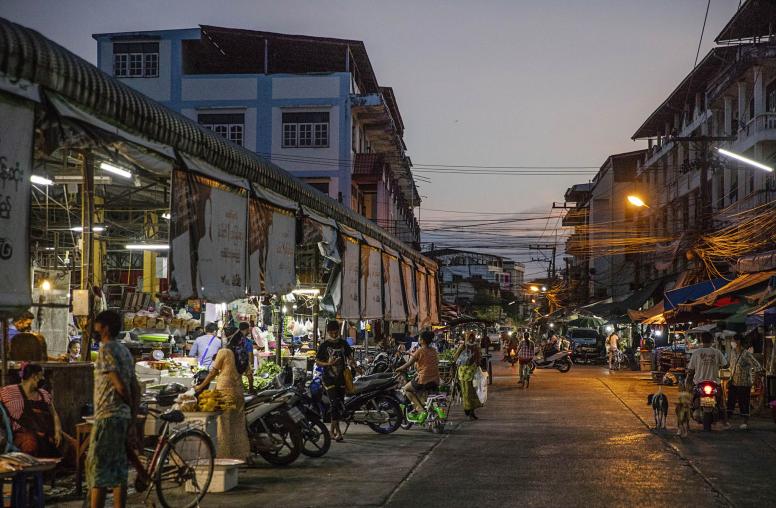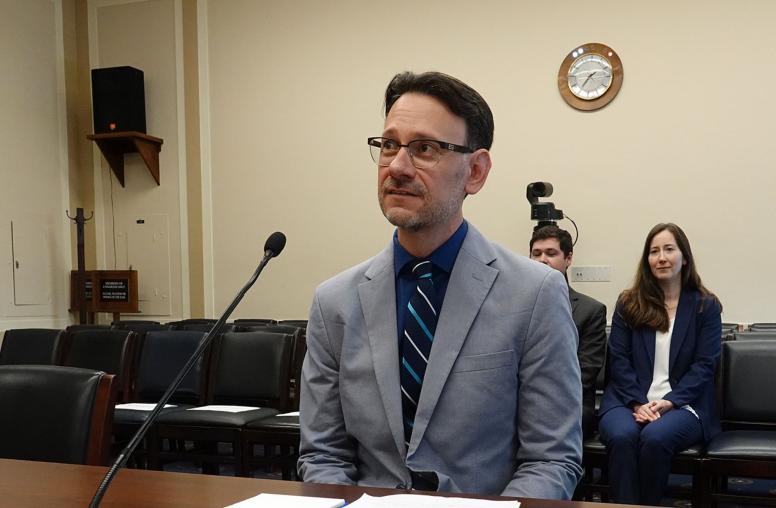The 30th Anniversary of Cambodia’s Paris Peace Agreements
A Reflection on the Agreements’ Enduring Commitments and Continued Relevance
October 23 marks 30 years since the Paris Peace Agreements (PPA) formally ended the Cambodian civil war. A remarkable feat of international cooperation, the PPA facilitated an end to decades of violent conflict in Cambodia and sought to rebuild a country ravaged by genocide and civil war. The implementation of these landmark agreements, signed in the aftermath of the Cold War, facilitated the return of more than 360,000 refugees and a national election in which 90 percent of the population voted.
Embedded in the agreements are enduring commitments — made by Cambodia and other signatories in the international community — to respect, support, encourage and protect human rights and fundamental freedoms. 30 years since the agreements were signed, where do these commitments stand today?
On October 14 USIP and the Bureau of Conflict and Stabilization Operations (CSO) held a discussion that reflected on the principles of the agreements, the extent to which signatories have adhered to them and the continued relevance of the agreements today. Speakers examined the realities of the agreements’ implementation, and explored opportunities for the international community to reaffirm and uphold their commitment to promote and encourage respect for — and observance of — human rights and fundamental freedoms in Cambodia.
Join the conversation on Twitter with #CambodiaPeaceat30.
Speakers
Ariel Eckblad, remarks
Deputy Assistant Secretary, Bureau of Conflict and Stabilization Operations, U.S. Department of State.
H.E. Chum Sounry
Ambassador Extraordinary and Plenipotentiary of the Kingdom of Cambodia
Lise Grande, opening remarks
President and CEO, U.S. Institute of Peace
Craig Etcheson
Visiting Scientist, T.H. Chan School of Public Health, Harvard University
Caroline Hughes
Associate Dean for Policy & Practice; Rev. Theodore M. Hesburgh, C.S.C. Chair in Peace Studies, University of Notre Dame
Aizawa Nobuhiro
Associate Professor, Kyushu University
Sorpong Peou
Professor, Ryerson University
Chak Sopheap
Executive Director, Cambodian Center for Human Rights (CCHR)
Andrew Wells-Dang, moderator
Senior Expert, U.S. Institute of Peace



